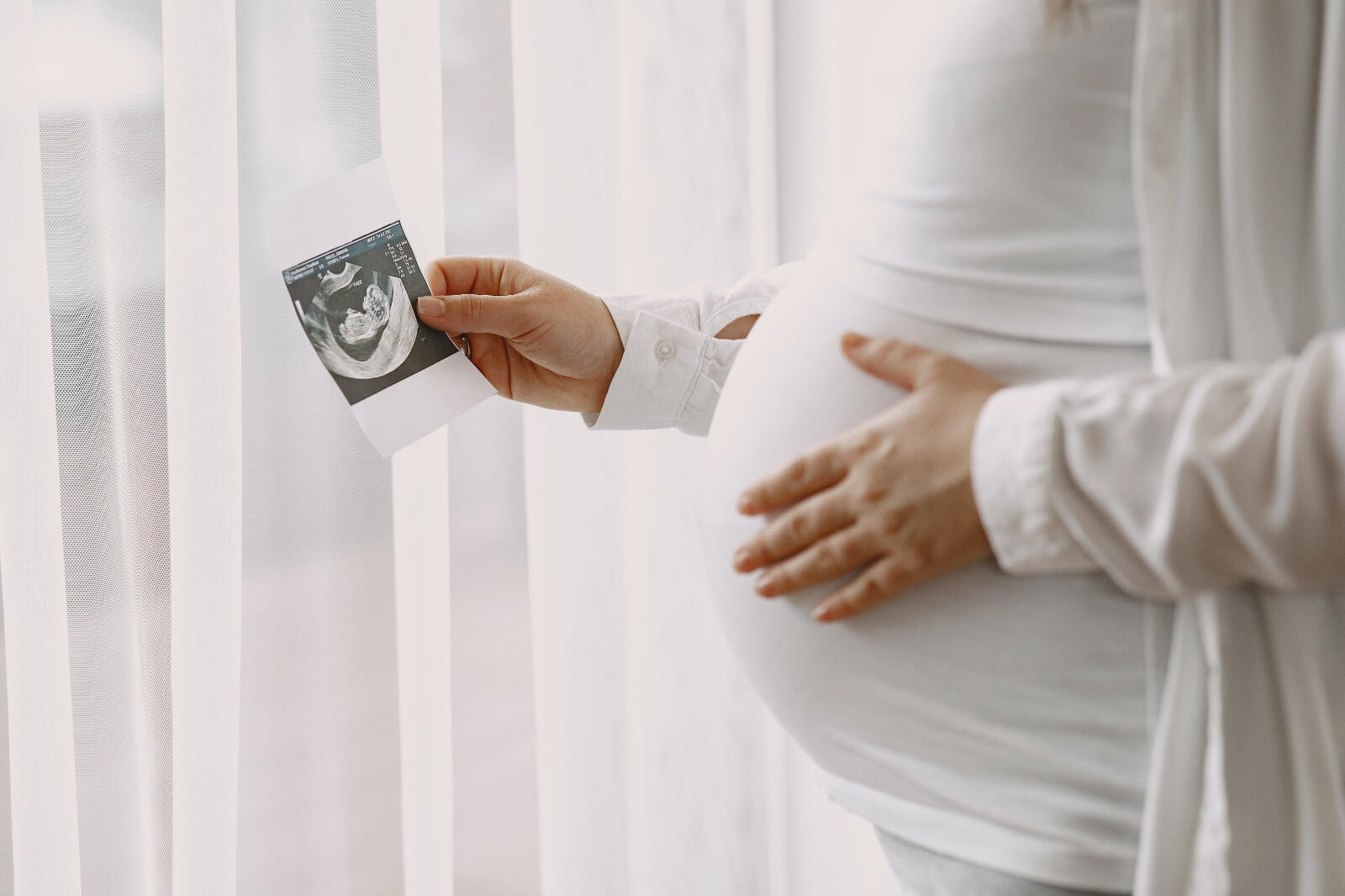
Pregnancy training sessions organized by Private Ümit Hospitals continue. Information was provided to expectant mothers and fathers during a session held at Taşbaşı Kızıl Hall.
Gynecology and Obstetrics Specialist Op. Dr. Dilek Ulusoy, Child Health and Diseases Specialist Dr. Özlem Kuğu, and Neonatal Intensive Care Unit Chief Nurse Sevgi Güler attended the pregnancy training at Private Ümit Hospital. In the training sessions, where parents actively participated, they were informed about the birth process, postnatal care for mothers and babies. Gynecology and Obstetrics Specialist Op. Dr. Dilek Ulusoy stated: “It may be recommended to consume small and frequent meals before getting up in the morning, avoid oily, spicy, bitter, and acidic foods, and dry foods such as crackers.”
THESE TESTS SHOULD BE DONE DURING PREGNANCY
Op. Dr. Ulusoy provided information on the necessary examinations during pregnancy. She said the following: “Double test between 11-14 weeks, AFP in maternal serum between 16-20 weeks, triple/quadruple test between 16-20 weeks (if combined test is not performed), fetal anomaly screening between 18-22 weeks, glucose test (OGTT) at 24-28 weeks, NST control every 15 days between 28-34 weeks, and once a week between 34-38 weeks, and every 3-4 days between 38-40 weeks.”
WHEN IS THE FIRST BATH?
Child Health and Diseases Specialist Dr. Özlem Kuğu explained that mothers enter a very different period after birth. She emphasized that fathers should be the most important helpers for mothers during this time. Dr. Kuğu explained that it is possible to bathe the baby on the first day after birth to clean any residues from birth. She added: “Then, wipe the baby's skin with a soft cloth and suitable soap until the umbilical cord falls, and then you can give a bath. After the umbilical cord falls, you can give a bath. Bathing every day is sufficient.”
FIRST EXAMINATION AFTER BIRTH
Dr. Kuğu highlighted that uncontrolled eating and drinking should be avoided to ensure proper milk production. "To increase milk production, it's essential to drink enough water in the first days, observe sleep patterns, and breastfeed the baby whenever they want," she said. She further noted that the first examination of the baby should be done one week after discharge. During this examination, the baby's growth and development will be assessed, nutrition will be evaluated monthly, and appropriate recommendations will be provided. Periodic screenings for anemia, urinary tract infections, and tuberculosis will also be conducted. Hearing and visual functions will be evaluated.
EACH SIBLING'S MILK IS SUITABLE FOR THEIR OWN NEEDS
Sevgi Güler, Chief Nurse of the Neonatal Intensive Care Unit, emphasized that the most important food for babies is breast milk. She noted that breast milk, which is produced specifically for each baby, has a positive effect on the baby’s health and will continue to benefit the child’s development. Güler explained that breast milk meets 100% of a baby's nutritional needs during the first 6 months. "For this reason, we should feed our babies only breast milk during the first 6 months after birth. After six months, we should introduce complementary foods and continue breastfeeding until at least two years old," she said.
Güler also highlighted that breast milk is a dynamic, living fluid and that each mother produces milk based on the baby’s needs, diseases, and development. She continued, "Breastfeeding should begin within the first half hour after birth. The first milk contains intense immune substances, and it acts as the baby's first vaccine. The fact that breast milk is always clean and at the ideal temperature plays a critical role in protecting the child’s immunity and promoting its development. Additionally, the emotional bond formed between the mother and baby during breastfeeding will help the baby feel secure and calm during infancy and childhood."

